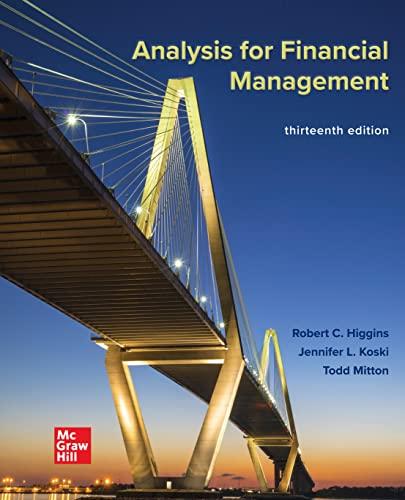Suppose in Figure 5.3 that the stock prices of target firms in acquisitions responded to acquisition announcements
Question:
Suppose in Figure 5.3 that the stock prices of target firms in acquisitions responded to acquisition announcements over a three-day period rather than almost instantly.
a. Would you describe such an acquisition market as efficient? Why or why not?
b. Can you think of any trading strategy to take advantage of the delayed price response?
c. If you and many others pursued this trading strategy, what would happen to the price response to acquisition announcements?
d. Some argue that market inefficiencies contain the seeds of their own destruction. In what ways does your answer to this problem illustrate the logic of this statement, if at all?
e. Immediately after some merger announcements, the stock price of the target firm jumps to a level higher than the bid price. Is this proof of market inefficiency? What might explain this price pattern?
advantage of this information?
b. If you and many others pursued this strategy, predict what would happen to Liquid Force’s stock price on the dividend payment date.
c. Suppose that Liquid Force’s stock price consistently falls by an amount equal to twice the dividend payment on the payment date. Ignoring taxes, can you think of an investment strategy to take advantage of this information?
d. If you and many others pursued this strategy, predict what would happen to Liquid Force’s stock price on the dividend payment date.
e. In an efficient market, ignoring taxes and transaction costs, how do you think stock prices will change on dividend payment dates?
f. Given that investors receive returns from common stock in the form of dividends and capital appreciation, do you think that increasing dividends will benefit investors in the absence of taxes and transactions costs? LO.1
Step by Step Answer:

Analysis For Financial Management
ISBN: 9781260772364
13th Edition
Authors: Robert Higgins, Jennifer Koski, Todd Mitton





